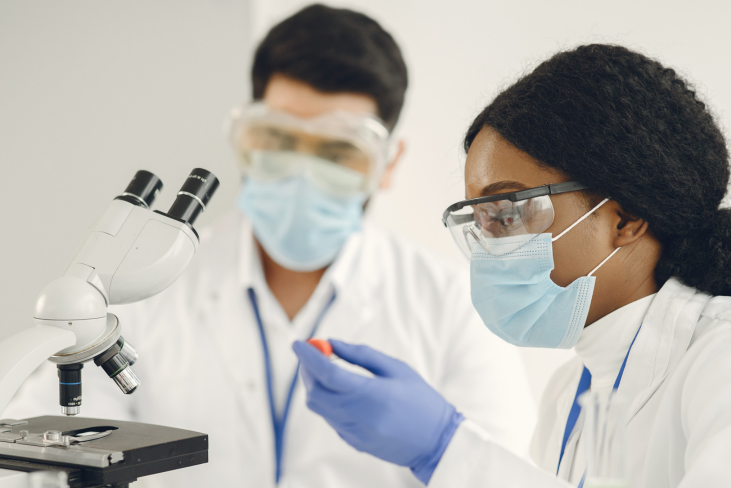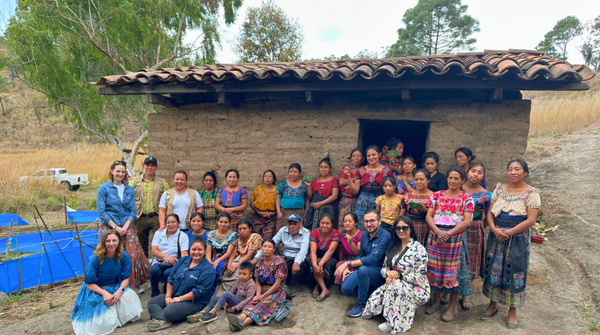Quality and safety assurance of the Lucky Iron Fish and the Lucky Shakti Leaf

Recently, a commentary was published suggesting that there may be potentially harmful contaminants in the Lucky Iron Fish/Shakti Leaf.
Lucky Iron Life maintains that its products are safe. Safety and the impact of our products is of utmost importance, so to be transparent about safety, the company has decided to publish the safety protocols and specific tests done in addition to the normal procedure to make sure that the Fish and Leaf are safe to use.
The Food Chemical Codex is a compendium of internationally recognized standards for determining the purity and the quality of food ingredients. There are many chemicals present in minute quantities in food. Normally, these are considered safe but, in sufficient concentrations, some of these may be harmful. The Codex provides a set of standards to make sure food and food additives are safe for human consumption.
Work has been published on the safety of the Lucky Iron Fish. In addition, over the past several years, three independent, commercial laboratories have confirmed that the Fish/Leaf are safe. However, to be certain that every batch of Fish or Leaf that are produced meet the Codex standards, a protocol for safety assurance is in place.
Safety protocol
The safety protocol for each batch of Fish or Leaf involves three tests: (1) the manufacturer tests the raw material used to produce the Fish/Leaf; (2) once molded into shape, the Fish/Leaf are tested again by the manufacturer to confirm that no contaminants have been added to the ingots during production; and (3) finally, the Fish/Leaf are tested again once they have been shipped and ready for distribution. This last test is important because they are carried out by independent, commercial testing laboratories accredited to perform such tests. For the final stage, a statistically recognized sampling process is used known as a ‘lot sampling method’. Effectively a sample of product is selected at random from each batch. Water is prepared with each Fish/Leaf and the presence of twenty elements are tested using inductively coupled plasma optical emission spectroscopy (ICP-OES). This is a sensitive probe that determines the levels of particular elements in the water.
Each test is repeated three times and each sample of water is tested three times i.e., nine data points are collected for each Fish/Leaf and for each element.
The inductively-coupled plasma optical emission spectroscopy measures the following elements: Aluminum, Antimony, Arsenic, Boron, Barium, Bismuth, Cadmium, Calcium, Chromium, Copper, Lead, Lithium, , Magnesium, Manganese, Mercury, Molybdenum, Nickel, Phosphorus, Selenium, Silver, Strontium, Sulphur, Thallium, Tin, Titanium, Vanadium & Zinc.
As a part of our commitment to transparency we are willing to publicly disclose the data from these tests. To date over 50 batches of product have been tested and, to date, all the results indicate that the elements are within the standards set up by the Codex. On this basis, the company believes that the Fish/Leaf are safe.
Further safety tests
Following the publication of the commentary suggesting that the Fish may contain contaminants and notwithstanding the comments above, the company sent an additional randomly chosen set of eight Fish for testing at an independent, commercial laboratory. The data were analyzed as described above. For each trial the Fish was boiled in 1 litre of water with 2-3 drops of commercially available lemon juice (final pH 4.5) for 10 minutes.
With the exception of Iron (Fe) all remaining 19 elements showed levels that were below the standard set in the Food Chemical Codex.
With the exception of Iron (Fe) all remaining 19 elements showed levels that were below the standard set in the Food Chemical Codex.
For any further information, please feel free to reach out to us via info@luckyironfish.com




